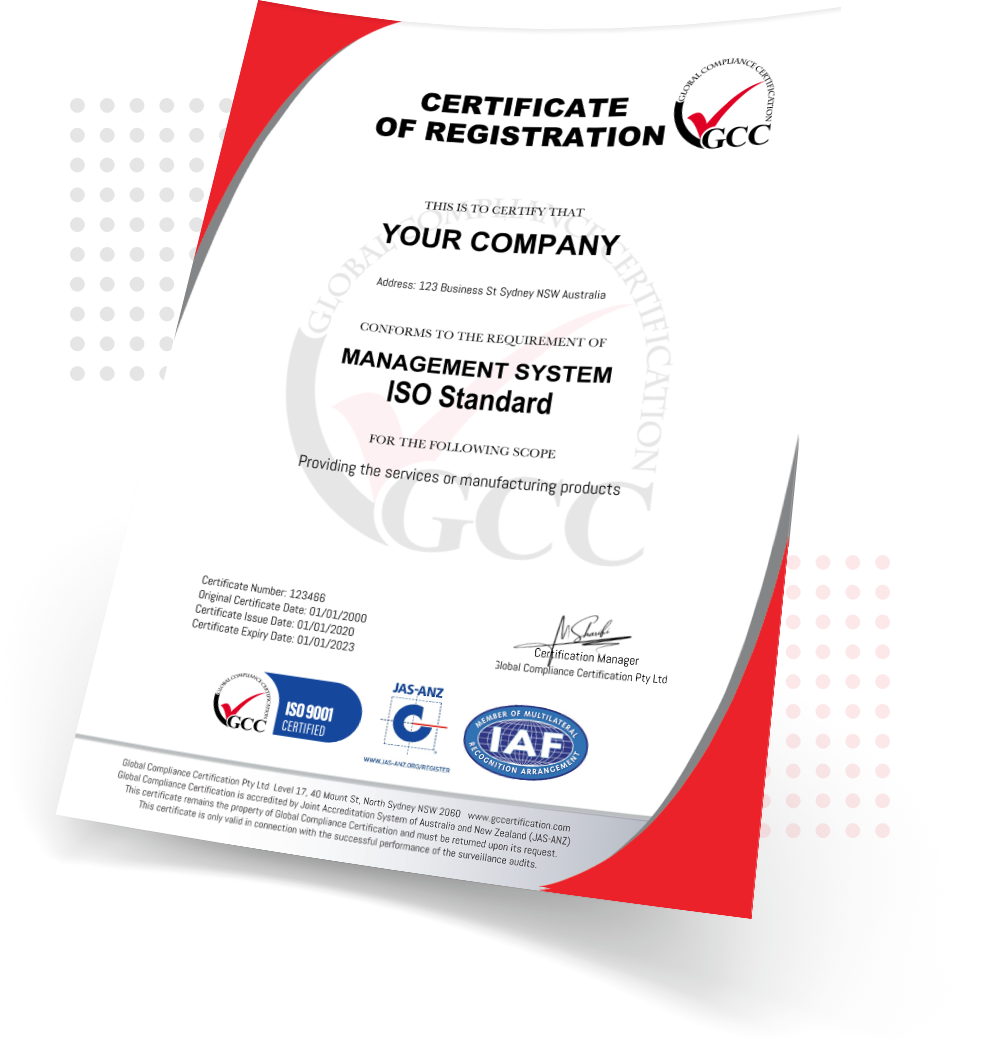
NSW Environmental Management Guidelines
Protect the environment and operate more sustainably for future generations
About NSW Environmental Management Guidelines
The NSW Government’s Environmental Management System Guidelines were developed to facilitate the achievement of improved environmental performance by the construction industry. They’re designed to assist agencies, customers, and service providers with the implementation of systematic environmental management that ensures better performance in accordance with the requirements of the NSW Government Procurement Policy, including the Code of Practice for Procurement.
Creating an Acceptable Environmental Management System (EMS)
The guidelines state that any business wishing to work on projects and considered to be ‘environmentally sensitive’ must have an acceptable EMS in place.
All service providers undertaking construction related projects are to prepare and implement an appropriate site-specific Environmental Management Plan, in accordance with the Guidelines, for all projects prior to the commencement of relevant work.
An acceptable Environmental Management Plan is to be submitted to the agency before the relevant work commences and will be reviewed regularly for conformity with requirements of the project.
Agencies may also require potential contractors to have a certified EMS lower valued, high risk and specialist contracts if the agency deems there is ‘sufficient’ risk to the environment.
Quick Quote
Fill out the form below to find out more

Focus of NSW EMS Guidelines
Evidence must be provided in order for an Environmental Management System to be accepted; examples of this evidence include:
- Specify the minimum EMS standards for all government construction projects
- Provide a consistent approach to plan and implement environmental management systems
- Improve environmental outcomes on projects
- Demonstrate compliance with applicable environmental laws and Standards
Benefits of NSW EMS
- Controlling and improving environmental performance
- Improved organisational image and differentiation from competitors and peers
- Improved relations with stakeholders
- Better development and transfer of knowledge and technology
- Reduced insurance premiums
- Earlier access to emerging markets for both new products and by-products
- Improved control over liabilities, leading to greater access to capital
- Improved performance resulting in staying ahead of the competition
- Avoiding unnecessary involvement with regulators
- Reducing negative perceptions about the organisation in the community
Note: This program is not accredited by JAS-ANZ.
Certification Process
Certification involves GCC assessing your organisation in order to ascertain that management systems meet the requirements of one or more recognised standards. Becoming certified to a nationally or internationally recognised standard is of great benefit to an organization. It improves overall performance, builds confidence within stakeholder groups and broadens the scope of new opportunity.
Application/ Contract
- Application for certification by client
- GCC will review and provide certification proposal
- Client accepts the agreement and return to GCC
- Audit dates will be booked
- GCC conducts Gap Analysis (optional)
Certification Audit/ Transfer
- Stage 1 Audit, The Audit team will assess documentation and readiness of management system for Stage 2 Audit
- Stage 2, Certification Audit, Audit team will assess implementation of system and will verify any issues outstanding from the Stage 1 Audit.
- Organisation will be recommended for Certification after review and positive decision by the independent GCC certification Authority,
- A Certificate will be issued
Maintaining certification
Surveillance Audits
Each issued certificate has a three-year life period. Upon certification, an audit program will be created for regular audits over the three-year period. These audits confirm company’s on-going compliance with specified requirements of the standard. At least one surveillance audit per year is required.
Read our policy for use of Certification Marks
Re-Certification
Re-Certification
The certification expires within 3 years and a re-certification Audit will be conducted prior to the expiry date to ensure that Management System is maintained.
GCC Training
Empower your team with our self-paced efficient training.








